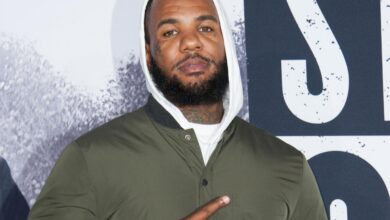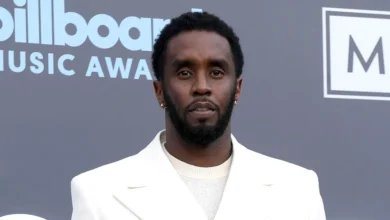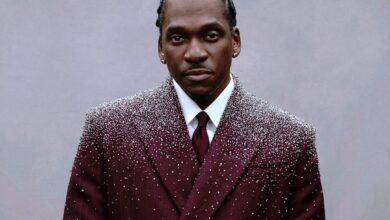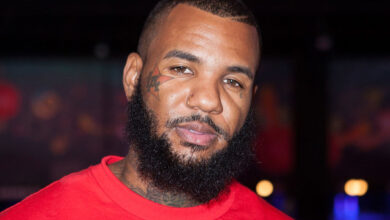Ice Cube’s Most Controversial Moments
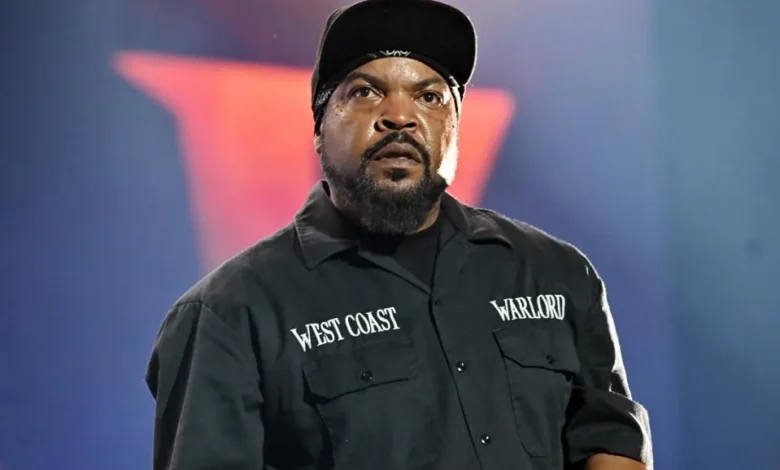
Ice Cube is a name that resonates across music, film, and culture. As one of the founding members of N.W.A., a solo rap icon, and a Hollywood powerhouse, Cube has earned respect for his unfiltered voice and bold presence. But his unapologetic stance has also stirred its share of controversy. Over the decades, Ice Cube has been at the center of public debates, political backlash, and cultural flashpoints that have sparked intense discussion. These moments have not only shaped his legacy but also underscored his role as a provocateur in American entertainment and politics.
One of the earliest and most impactful controversies in Ice Cube’s career came through his work with N.W.A., particularly the group’s 1988 track “F**k tha Police.” The song was a scathing critique of police brutality and racial profiling, and it led to national outcry. The FBI even sent a warning letter to the group’s record label, condemning the lyrics. For many, the song was a bold voice against injustice. For others, it was seen as inflammatory. Ice Cube, then just in his early twenties, found himself at the heart of America’s culture wars around race and censorship.
His solo work didn’t shy away from controversy either. In 1991, Cube released Death Certificate, an album that tackled racial tensions, gang violence, and systemic inequality. The track “Black Korea” drew criticism for its portrayal of Korean store owners in Black communities, while “No Vaseline” was a blistering diss track aimed at his former group members and their manager Jerry Heller. Critics accused Cube of using anti-Semitic language in the song, which he denied. The track became one of the most talked-about diss records in hip-hop history—and cemented his reputation as a fearless lyricist.
In later years, Ice Cube’s political views sparked fresh controversy. In 2020, during the U.S. presidential election, he revealed that he had met with the Trump administration to discuss his “Contract with Black America,” a plan designed to address economic inequality for African Americans. While Cube maintained he was willing to work with any party to push for Black advancement, critics accused him of indirectly supporting Trump. The backlash was swift, but Cube defended his stance, saying he was focused on results, not political labels.
Another debated moment in Cube’s career came with his role in founding the BIG3 basketball league. Though the league itself has been largely well-received, Ice Cube faced criticism when he publicly challenged the NBA and ESPN, accusing them of attempting to undermine BIG3’s growth. The feud brought attention to issues of access and representation in sports business, further highlighting Cube’s willingness to challenge powerful institutions.
Ice Cube’s film career has also occasionally been met with criticism. While many of his roles, from Boyz n the Hood to Barbershop, have been praised, some critics have taken issue with the way his early films portrayed urban life. Others have argued that he moved too far into family-friendly roles, losing the edge that originally defined him. Still, Cube has consistently said his evolution as an artist reflects his growth as a person—and that telling a wide range of stories is part of his mission.
Throughout his career, Ice Cube has never backed down from speaking his mind. Whether through music, politics, or business, he continues to challenge the status quo, even when it means attracting criticism. His most controversial moments are not just footnotes—they are milestones that illustrate his influence on culture and society. For fans and critics alike, Ice Cube remains a figure who forces uncomfortable conversations, and that, in many ways, is the essence of his enduring power.

